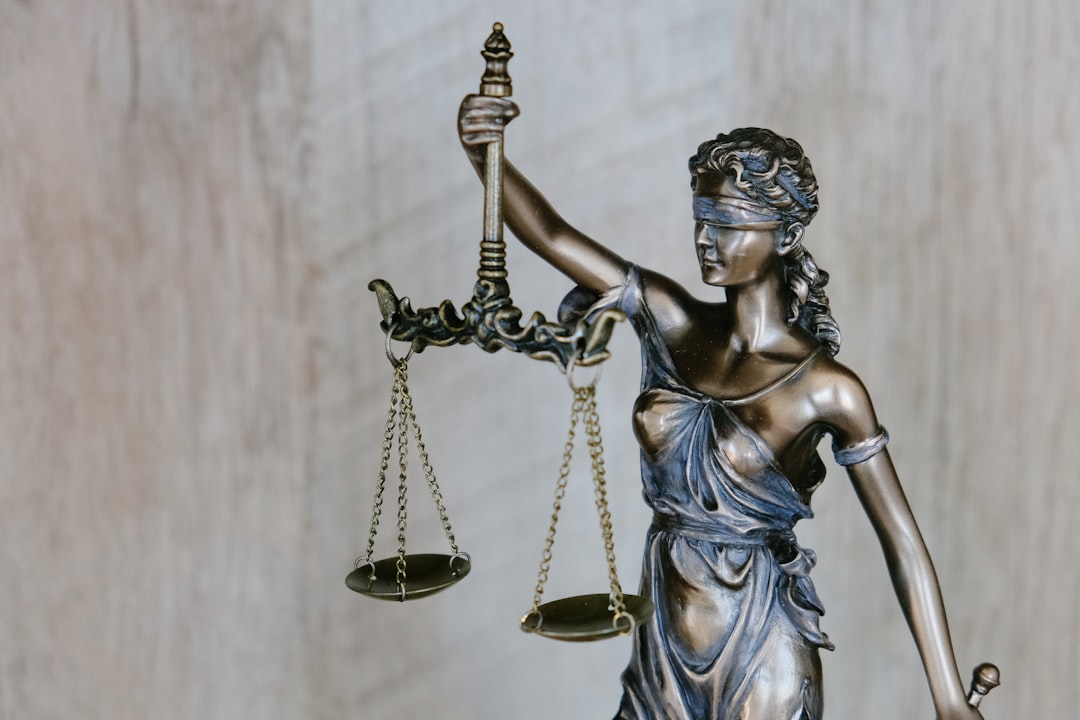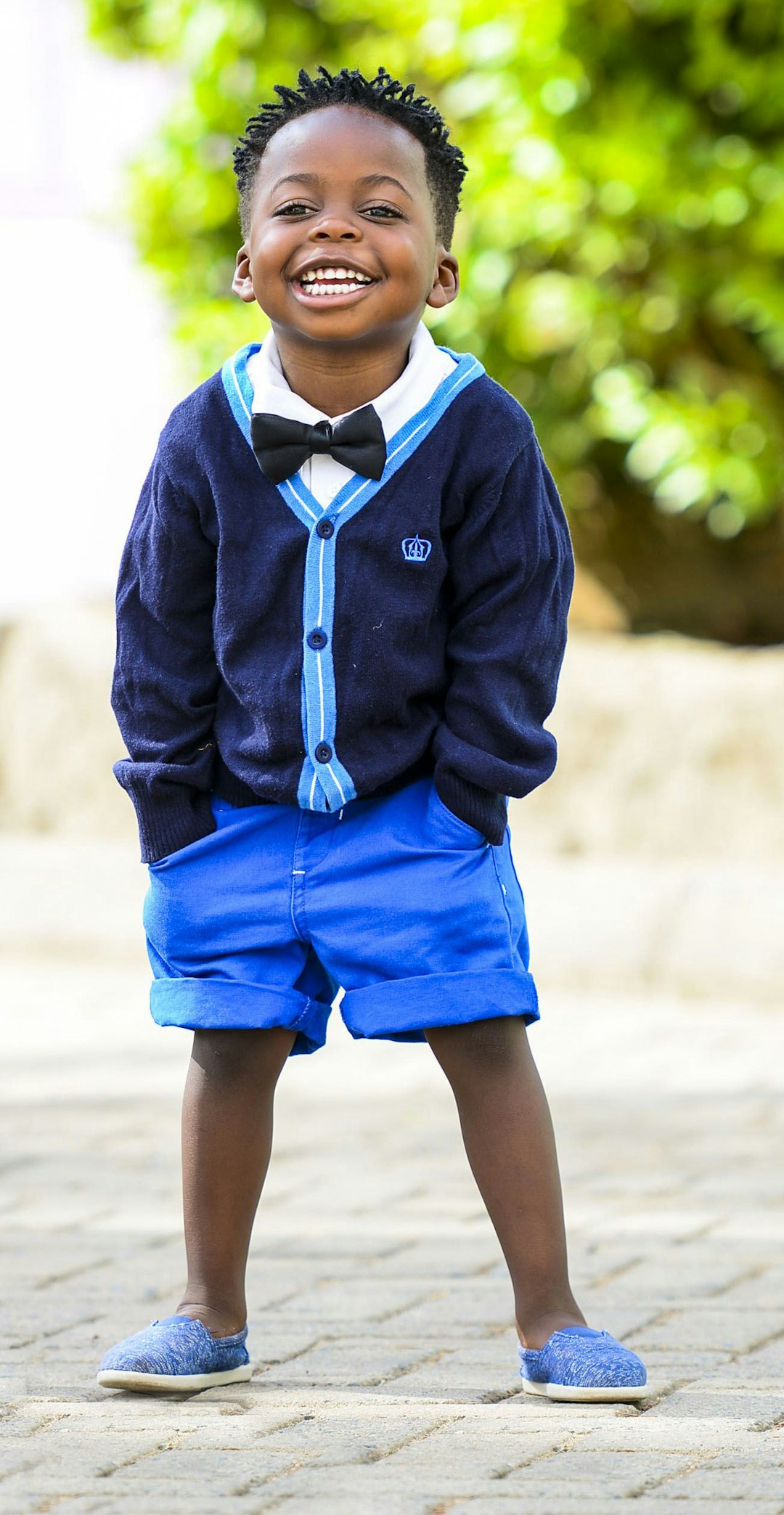Addressing child abuse in Rhode Island's diverse communities requires cultural sensitivity and tailored strategies. Child abuse lawyers play a crucial role by collaborating with community leaders, offering multilingual support, educating families about laws, and launching culturally specific awareness campaigns. Training for professionals across sectors is essential to recognize and respond sensitively to abuse across different ethnic, linguistic, and socio-economic groups. This holistic approach ensures all children, regardless of background, have access to protection and support.
In Rhode Island, as our communities become increasingly diverse, addressing child abuse requires a nuanced approach. Cultural barriers often impede reporting and response, necessitating tailored strategies. This article explores critical aspects of combating child abuse within Rhode Island’s growing cultural landscape. From understanding community-specific challenges to enhancing education and legal protections, we delve into effective interventions. Key topics include engaging minority families, building trust, and providing targeted support services, with a focus on the role of a child abuse lawyer in navigating these complex issues.
Understanding Cultural Barriers to Reporting Abuse

In addressing child abuse, especially in a context of increasing cultural diversity, it’s crucial to recognize and understand cultural barriers that may prevent families from reporting abuse. Many communities have unique perspectives on what constitutes discipline versus abuse, influenced by their cultural backgrounds and traditions. These differing views can lead to misunderstandings and hesitation when seeking help, causing children to remain at risk within their homes.
Rhode Island, with its growing diverse population, requires sensitive approaches that consider these cultural nuances. Engaging community leaders and translators who understand the specific cultures can be instrumental in breaking down barriers. Educating families about child abuse laws and services in their native languages, coupled with culturally tailored awareness campaigns, can encourage reporting while respecting and preserving cultural identities. A child abuse lawyer in Rhode Island plays a vital role here by collaborating with these initiatives to ensure that all families, regardless of background, have access to support and protection.
Training and Education for Diverse Communities

In addressing child abuse in Rhode Island, it’s crucial to provide comprehensive training and education tailored to the state’s increasingly diverse communities. This involves equipping professionals—from teachers and healthcare providers to social workers and law enforcement—with the cultural sensitivity needed to recognize and respond appropriately to instances of abuse within various ethnic, linguistic, and socio-economic groups. Effective training should highlight differences in communication styles, family structures, and cultural norms that may impact the recognition and reporting of child abuse.
For instance, a child abuse lawyer in Rhode Island can collaborate with community leaders and organizations to develop educational programs that facilitate open dialogues about sensitive topics related to child welfare. These initiatives ensure that everyone from frontline workers to community members understands the signs of abuse specific to different cultures and knows how to report them without causing harm or stigma. By fostering an environment of understanding and trust, Rhode Island can create a more inclusive system aimed at protecting all children, regardless of their background.
Legal Protections and Their Accessibility

In Rhode Island, legal protections against child abuse are in place to safeguard children and hold perpetrators accountable. These laws cover a range of actions, from physical and emotional harm to neglect and exploitation. However, ensuring these protections are accessible and effectively implemented is a complex task, especially within a context of increasing cultural diversity. Different communities may have unique understandings of what constitutes abuse or may face barriers in accessing legal services due to language, cultural, or socioeconomic factors.
A child abuse lawyer in Rhode Island plays a crucial role in navigating these complexities. They can provide legal assistance tailored to diverse families, helping them understand their rights and options under the law. By offering multilingual support and cultural sensitivity, these lawyers ensure that protections are not only known but also accessible to all children and families within the state, fostering a safer environment for every Rhode Island resident.
Building Trust: Engaging Minority Families

Engaging and building trust with minority families is a critical step in addressing child abuse, especially in diverse communities like Rhode Island. Cultural sensitivity and understanding are paramount when reaching out to these families, who may face additional barriers due to language, immigration status, or community-based stigma. A child abuse lawyer in Rhode Island can play a vital role here by employing cultural competency strategies, ensuring that services are accessible and tailored to the unique needs of each family.
This might involve providing legal support in multiple languages, educating community leaders about the importance of reporting suspected abuse, and fostering partnerships with local organizations trusted within these communities. By building strong relationships and offering much-needed assistance, lawyers can encourage families to come forward and protect vulnerable children within their care.
Effective Interventions and Community Support Services

Addressing child abuse in a diverse society requires tailored interventions and community support services that cater to various cultural backgrounds. In Rhode Island, where cultural diversity is increasing, it’s crucial to have legal professionals specializing in child abuse cases who understand the nuances of different communities. A child abuse lawyer in Rhode Island can play a pivotal role in advocating for victims from varied ethnic, religious, and linguistic backgrounds.
Effective interventions might include culturally sensitive programs that engage community leaders, teachers, healthcare providers, and social workers to identify and report abuse. Support services should be accessible and inclusive, offering translations, interpreters, and education on cultural norms to ensure proper understanding and respect during the reporting process. Collaboration between law enforcement, child protective services, and community organizations is essential to create a network that protects all children, regardless of their cultural heritage.






